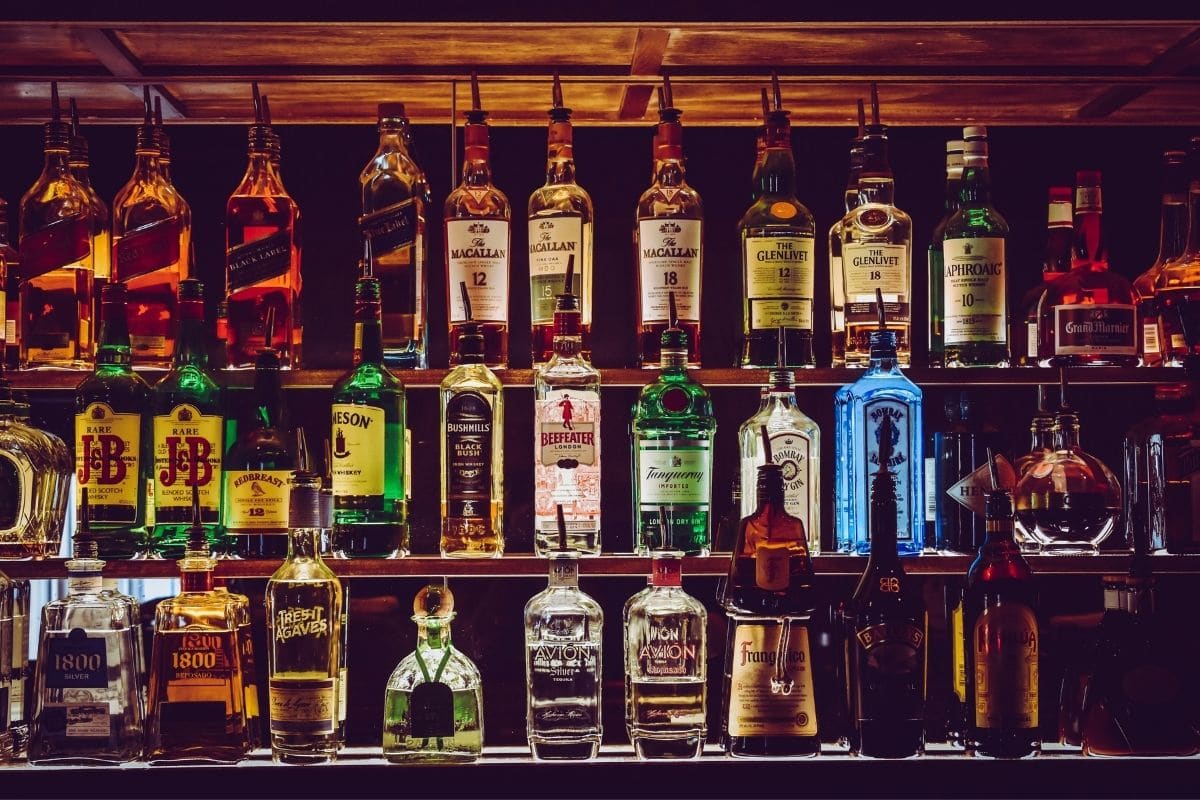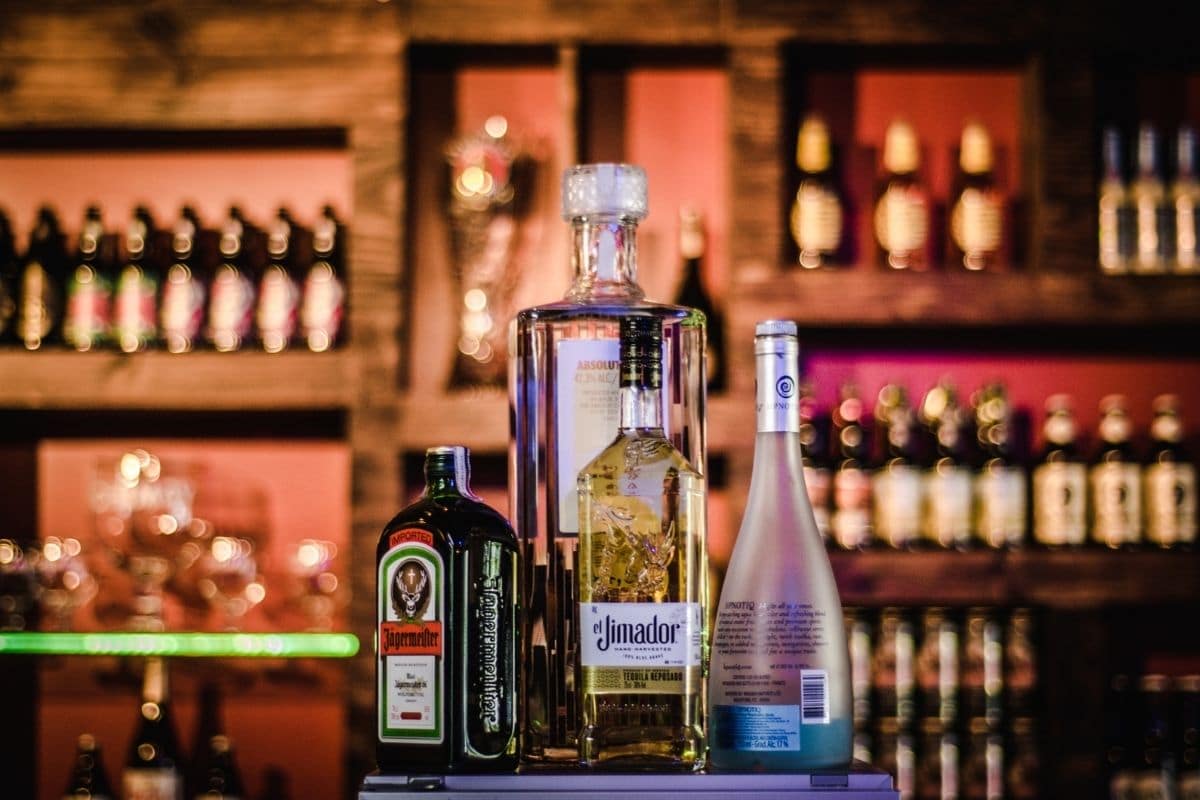
Though there are countless kinds of alcohol-based products, “microwave-safe” is not one of them.
Whether we’re speaking of the kind to drink or the kind to treat wounds and stains, neither should be microwaved.
Having less to do with taste or effect and more with safety, alcohol’s volatile nature makes it a significant risk.
While we usually warn against microwaving certain materials or containers, microwaving alcohol should be avoided no matter what it’s held in.
For answers, explanations, and alternative suggestions or two, feel free to keep reading below!
What makes microwaving alcohol dangerous?
To get technical and slightly scientific:
The liquids we call “alcohols,” including those we drink, isopropyl that we often treat wounds with, and ethanol fuels are all made of weak hydrocarbon chemical compounds.

These compounds are fragile and prone to release energy when under stress, especially when heated.
Microwaves project heatwaves from every angle, meaning there is no way to just slightly heat a part of what’s inside it.
This means there’s really no way to safely microwave alcohol while in its liquid form. However, if it’s been simmered or soaked into a recipe, this should be perfectly safe.
If the food you’re reheating was previously cooked with alcohol as an ingredient, you’re good to go.
A Worst-Case Scenario:
When heated in the microwave, alcohols are very likely to combust.
These resulting fires can be small or large and are unpredictable.
If the alcohol is in a container or carbonated, you may get a small explosion rather than a fire.
Needless to say, neither is good.
Alternative Uses:
Instead of microwaving alcohol, try heating it other ways if you must:
- Alcohol can add great flavor to certain dishes, but try adding it to an open-faced skillet or pan at low hit for cooking into dishes. Add alcohol with ingredients, not by itself.
- For mixed drinks: heat the components, not the alcohol. Many cider recipes and holiday mixes are great warm, but try warming their mixers instead of the pure alcohol itself.
- For medical purposes: Try treating wounds first with a warm saltwater solution rather than any warmed alcohol components.
Sources:
https://www.quora.com/Why-are-alcohols-so-flammable
https://www.winespectator.com/articles/51518
https://www.cookinglight.com/cooking-101/how-to-cook-with-liquors-spirits




